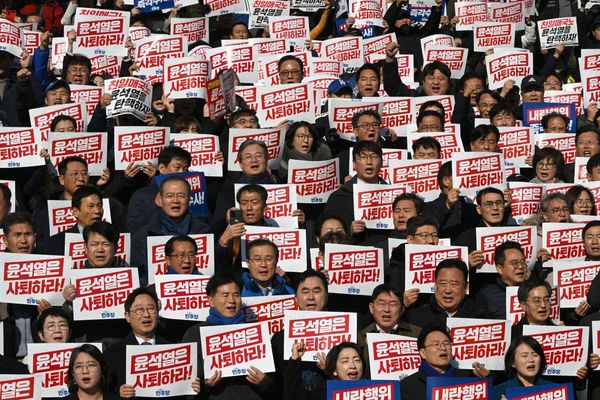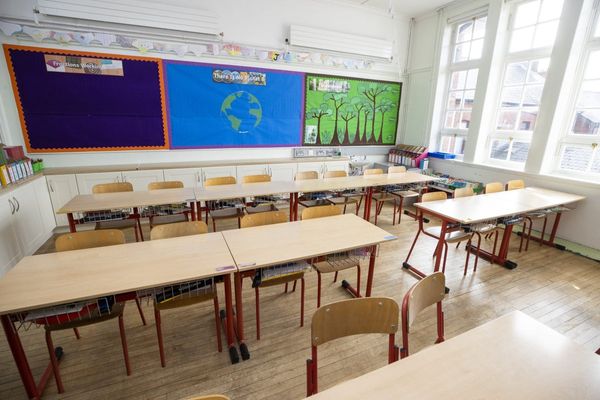Those of you renting your living space have likely experienced major increases in your monthly payments.
That rent inflation will almost surely continue.
In April, the median U.S. rent hit a record high for the 14th month in a row of $1,827, according to Realtor.com, a residential real estate information service.
“If recent trends continue, we expect the typical U.S. asking rent to eclipse $2,000 by August,” it said.
April rent increased 16.7% from a year earlier.
That’s the third straight month in which year-over-year rent growth has dipped, down from 17.1% in January.
Higher rents are taking money away from renters’ budgets for regular expenses and savings, Realtor.com said.
Rent represents the biggest strain on renters' overall finances, according to a Realtor.com survey.
“April data illustrate the perfect storm of supply and demand dynamics behind the continued rent surge, from a low number of available rentals to higher for-sale housing costs forcing many would-be buyers to rent for longer than planned,” Realtor.com Chief Economist Danielle Hale said in a statement.
“Renters are being left with few options but to meet higher rents and, in some cases, even offer above asking, whether they can afford to or not.”
Largest Jumps
The biggest April rent increase among major metropolitan areas came in Miami: 52% from a year ago to $2,800.
Orlando was second, up 33% to $1,927.
Tampa was third, up 28% to $2,163.
In other housing news, existing home sales fell 2.4% in April from March to the lowest level since June 2020, according to the National Association of Realtors (NAR).
"Higher home prices and sharply higher mortgage rates have reduced buyer activity," Lawrence Yun, NAR's chief economist, said in a statement.
"It looks like more declines are imminent in the upcoming months, and we'll likely return to the pre-pandemic home sales activity after the remarkable surge over the past two years."
Prices and Rates
As for home prices, the Case-Shiller Home Price index jumped 19.8% in the 12 months through February.
On the interest-rate front, the 30-year fixed-rate mortgage averaged 5.30% in the week ended May 12, the highest since July 2009, according to housing agency Freddie Mac.
That compares to 5.27% a week earlier and 2.94% a year earlier.
Meanwhile, the National Association of Home Builders (NAHB) Housing Market Index fell eight points to 69 in May.
That index measures builder confidence in the market for newly built single-family homes.
It’s the fifth straight month of decline for the index, taking it to the lowest level since June 2020.
“The housing market is facing growing challenges,” NAHB Chief Economist Robert Dietz said in a statement.
He cited soaring building costs and mortgage rates as ongoing hurdles to housing creation.







